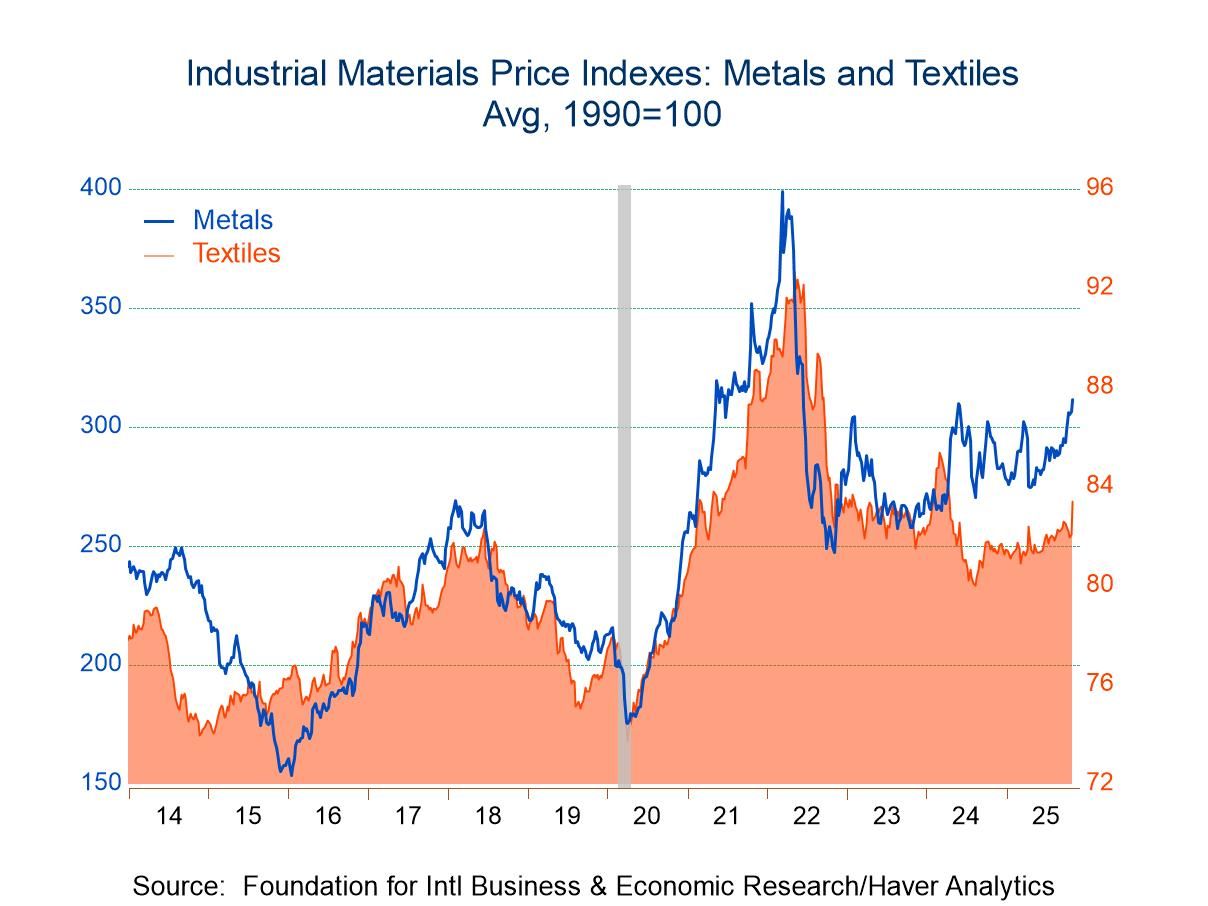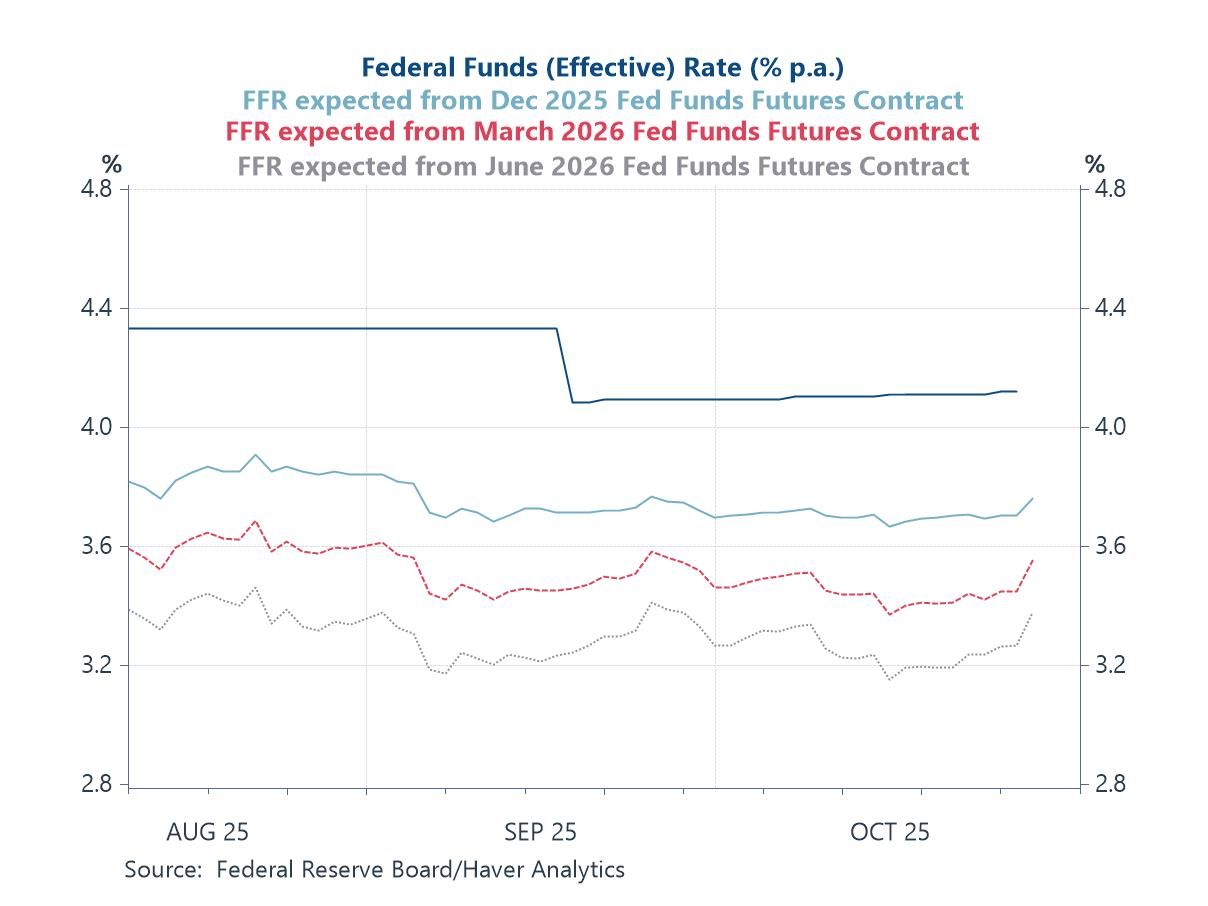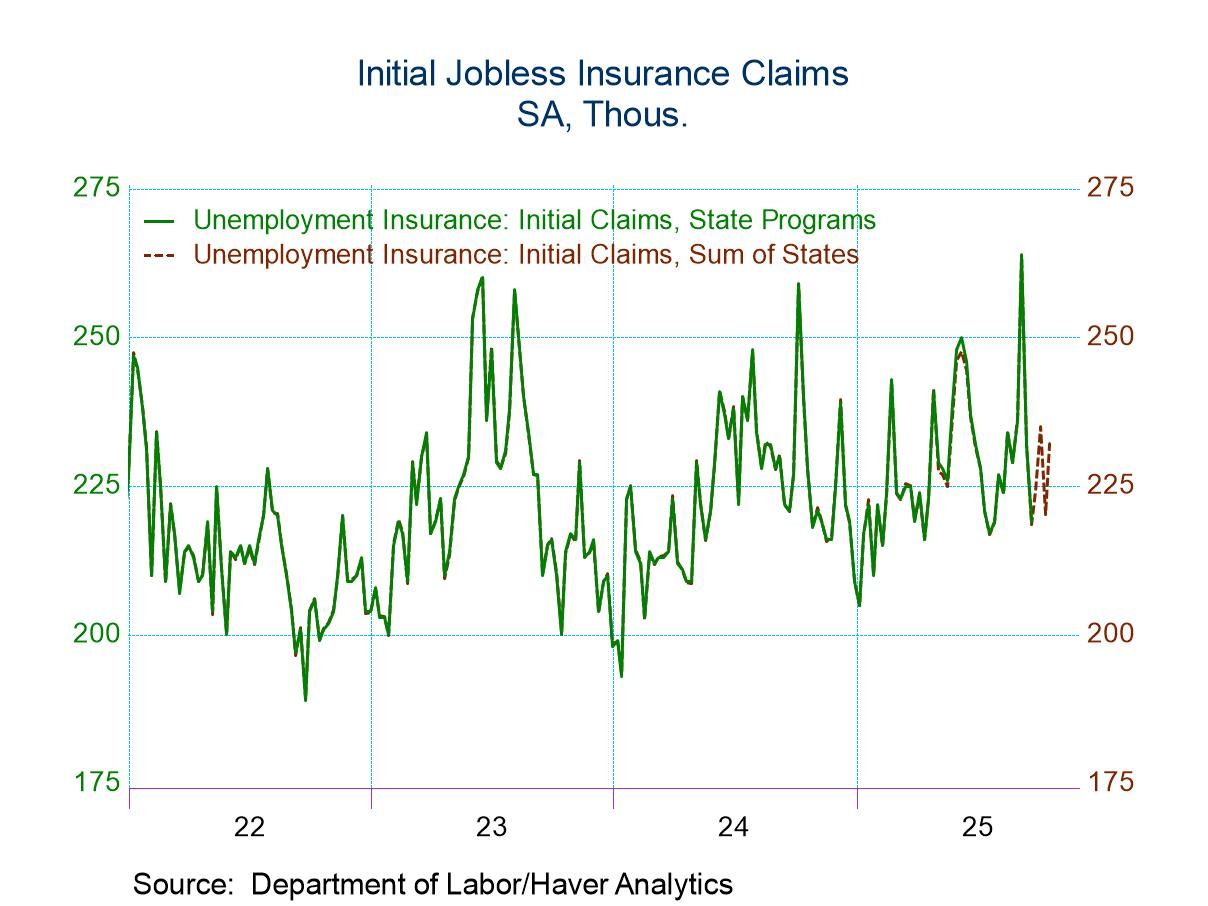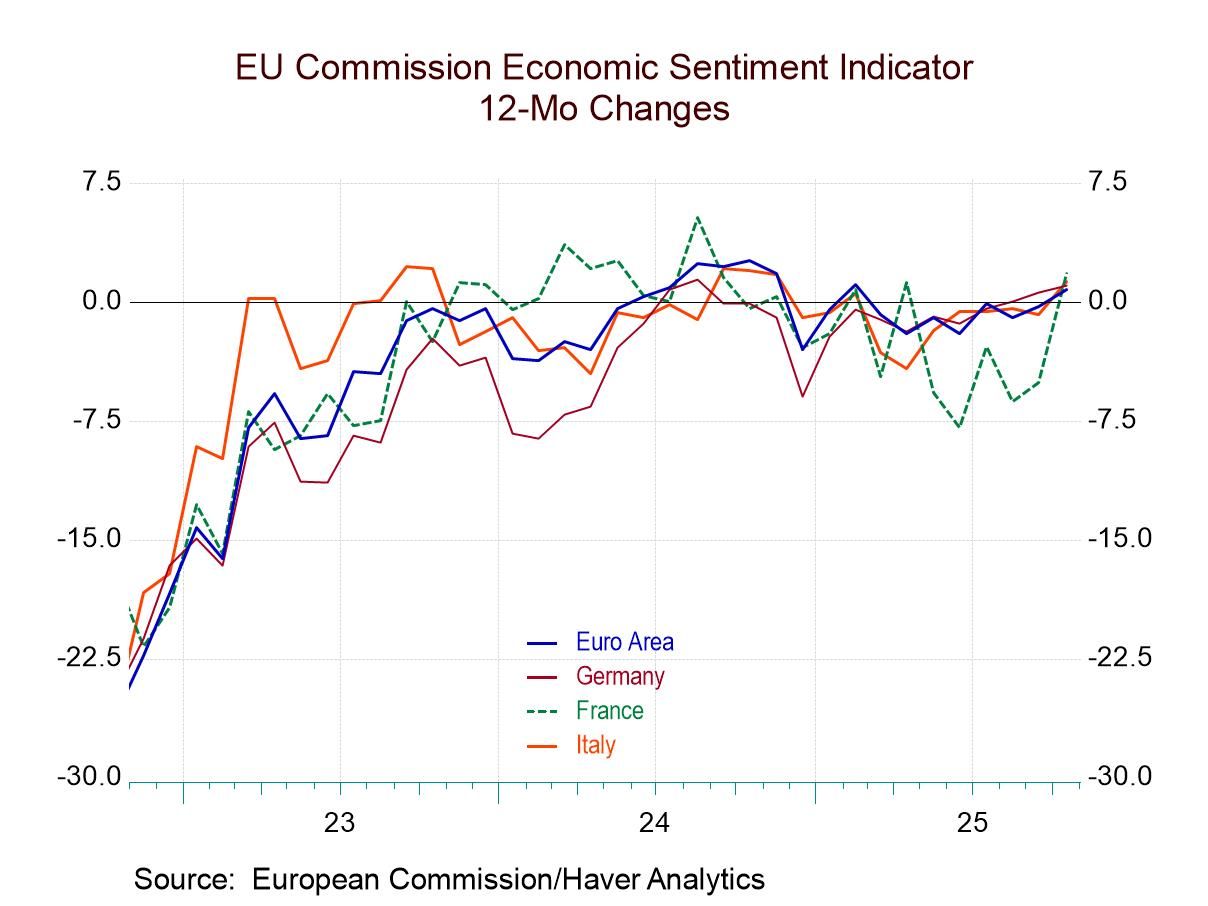 Global| May 30 2008
Global| May 30 2008Michigan Consumer Sentiment Still the Lowest Since 1980
by:Tom Moeller
|in:Economy in Brief
Summary
The final reading of consumer sentiment during May from the University of Michigan fell 4.5% from April to a level of 59.8. That was about as indicated in the preliminary report made two weeks ago and it nearly matched Consensus [...]
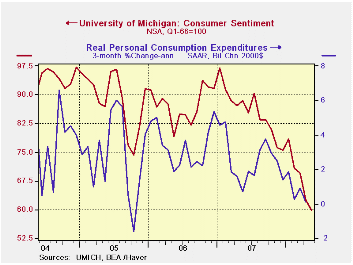
The final reading of consumer sentiment during May from the University of Michigan fell 4.5% from April to a level of 59.8. That was about as indicated in the preliminary report made two weeks ago and it nearly matched Consensus expectations. The latest level was the lowest since the brief "credit crunch" recession during 1980.
During the last ten years there has been a 47% correlation between the level of sentiment and the three month change in real consumer spending.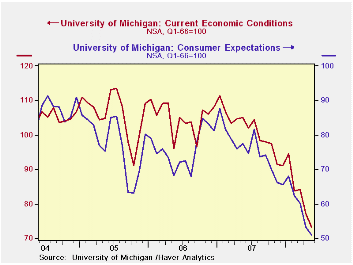
The current conditions index nearly matched the April decline and fell 6.9% after an 8.6% decline during April. The view of current conditions for buying large household goods fell a hard 6.3% (-34.4% y/y) and it was the third sharp m/m drop this year. Only 49% of respondents thought that now was a good time to buy versus 70%-plus during the last three years. Conversely, 44% thought it was a bad time to buy. That was the highest reading since 1990 and more than double the recent rates. The view of current personal finances fell to its lowest level since early 1981.
The expectations component of overall sentiment fell 3.0% after its 11.3% April dive. The index fell to its lowest level since late 1990. Expectations for personal finances fell slightly after a sharp April decline to the lowest level since 1980. Expectations for business conditions during the next year fell much more strongly by 12.5% (-63.9% y/y) to its lowest level since 1980. The index for expected business conditions over the next five years also fell but more mildly m/m (-21.3% y/y).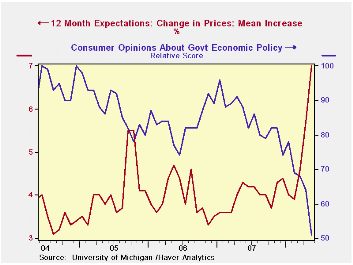
Opinions about government policy, which apparently influence economic expectations, still showed a sharp 21.9% m/m (-43.2% y/y) drop. The percentage of those surveyed who indicated that they thought government was doing a good job amounted to only 6% but those who thought a poor job was being done shot up to a record 56% from 43% in April.
The mean expected rate of inflation during the next twelve months surged to 7.0% from 5.7% in April, the highest level since 1981.Has the Behavior of Inflation and Long-Term Inflation Expectations Changed? from the Federal Reserve Bank of Kansas City can be found here.
The University of Michigan survey is not seasonally adjusted.The reading is based on telephone interviews with about 500 households at month-end; the mid-month results are based on about 300 interviews. The summary indexes are in Haver's USECON database, with details in the proprietary UMSCA database.
| University of Michigan | May (Final) | May (Prelim.) | April | March | May y/y | 2007 | 2006 | 2005 |
|---|---|---|---|---|---|---|---|---|
| Consumer Sentiment | 59.8 | 59.5 | 62.6 | 69.5 | -32.3% | 85.6 | 87.3 | 88.5 |
| Current Conditions | 73.3 | 71.7 | 77.0 | 84.2 | -30.3% | 101.2 | 105.1 | 105.9 |
| Expectations | 51.1 | 51.7 | 53.3 | 60.1 | -34.1% | 75.6 | 75.9 | 77.4 |
Tom Moeller
AuthorMore in Author Profile »Prior to joining Haver Analytics in 2000, Mr. Moeller worked as the Economist at Chancellor Capital Management from 1985 to 1999. There, he developed comprehensive economic forecasts and interpreted economic data for equity and fixed income portfolio managers. Also at Chancellor, Mr. Moeller worked as an equity analyst and was responsible for researching and rating companies in the economically sensitive automobile and housing industries for investment in Chancellor’s equity portfolio. Prior to joining Chancellor, Mr. Moeller was an Economist at Citibank from 1979 to 1984. He also analyzed pricing behavior in the metals industry for the Council on Wage and Price Stability in Washington, D.C. In 1999, Mr. Moeller received the award for most accurate forecast from the Forecasters' Club of New York. From 1990 to 1992 he was President of the New York Association for Business Economists. Mr. Moeller earned an M.B.A. in Finance from Fordham University, where he graduated in 1987. He holds a Bachelor of Arts in Economics from George Washington University.



